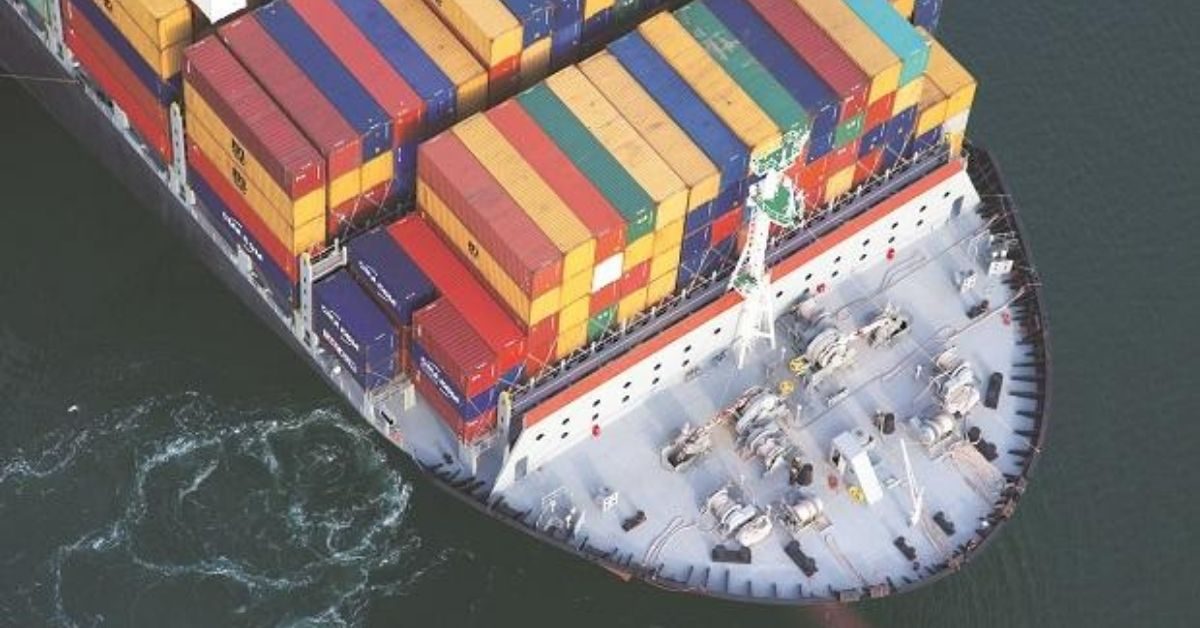After riding a windfall of profits over the past few quarters, container carriers are heading towards a steep fall in earnings in the fourth quarter, according to the latest report by Alphaliner.
The market analysis has noted that carriers could see their Q4 profits tumble by as much as 70%, compared with the previous quarter’s results.
“Indications for the remaining months of the year show carriers are likely to book steeply lower profits in the final quarter, with some potentially falling by up to 70% versus the previous three-month period,” it said.
Out of the top 10 carriers, Israel’s Zim Integrated Shipping Services could face the steepest drop in profits, with Q4 operating earnings estimated at between US$439 million and US$739 million, down 50-70% versus Q3, according to the analysis.
For Maersk, Alphaliner believes that Q4 earnings before interest and taxes (EBIT) will be about 45% lower than the Q3 performance. For Hapag-Lloyd and Ocean Network Express (ONE), the analysis has put the expected quarter-on-quarter EBIT declines at 30-60% and 45%, respectively.
Amid a slowing of trade volumes, container freight rate levels across trade lanes have significantly softened over a couple of months, with contract prices on some routings already down to pre-pandemic norms.
“The stabilisation of freight rates was always expected as the rates during the pandemic were unrealistic just as they were prior to it,” said Sunil Vaswani, executive director of the Container Shipping Lines Association (CSLA) in India.
Vaswani further noted, “It’s just the speed with which the rates dropped that was unexpected. While on the one hand, the shipping lines increased capacities, on the other, the economic situation in the US, the UK and Europe, increased interest rates and the Russia-Ukraine war, all led to reduced demand.”
He went on to elaborate, “Be that as it may, the shipping lines will continue to service the trade although redeployment of capacities within the various trade routes & off-hiring of tonnage is something that happens all the time and that is expected to continue so to optimise capacities and service levels.”








